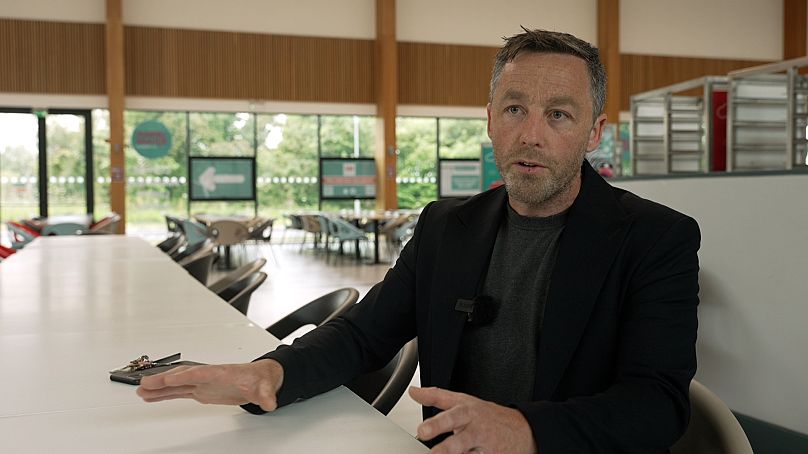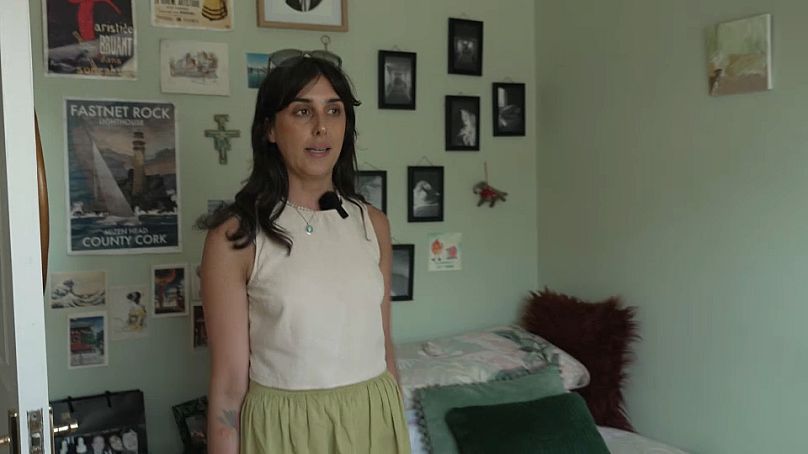In recent years, Ireland has seen a continued trend in emigration: young graduates and working millennials are leaving the Emerald Isle for greener pastures. But this time they are leaving on account of a housing crisis exacerbated by inflation, which is destroying their future prospects
The housing crisis in Ireland has worsened since the economic crash of 2008.
 ADVERTISEMENT
ADVERTISEMENT
 ADVERTISEMENT
ADVERTISEMENT
Despite near-full employment, homelessness is at an all-time high, exceeding the figures recorded during the Great Hunger (Irish Famine) in the mid-19th century.
Millennials hit hardest
Young graduates across the country are facing an uncertain future and this crisis could have a demographic impact on the country as Rory Hearne, a Senior Lecturer in Social Policy at Maynooth University explained:
"We are starting to see a decline in the birth rate among young people because it is obvious that in order to have children and feel safe, people want a safe home and they want to be able to see that they can have a safe home in the future. At present, young people have no certainty”.
This insecurity is due in particular to a high rate of tenant evictions. In Ireland, renters have virtually no protection. With the average house price in Ireland now standing at an eye-watering €305,000, investment funds and other property owners are looking to sell and maximise their profits.
Emigration as a last resort
Too young to buy when prices were at their lowest ten years ago, millennials don't have enough funds to cover a deposit for a house and repayments in Ireland.
The Irish Central Bank requires first-time buyers to provide a downpayment of 10 per cent of the property's value. In addition, prospective homeowners are bound by loan-to-income limits: this restricts the amount of money first-time buyers can borrow from the bank to a maximum of four times their gross income.
In addition, rent and property prices have almost doubled since 2013. The number of young homeowners (aged 25-34) has dropped from 60% to 27% over the same period.
Life's ups and downs can lead to sudden change, as was the case for Sinead Ellen Griffin. Following a separation, the 33-year-old found it impossible to find accommodation within her budget. She had to leave Dublin and return to live with her parents in Waterford, a small coastal town in the southeast of the country.
She was expecting to stay just a few months, but that was four years ago, her situation is forcing her to consider emigration as a last resort.
"The reason I'm really considering emigration is because I want to have some resemblance of a personal and family life. I don't want to wake up one day in my forties, perhaps, and still in my childhood bedroom, without having had the chance to enjoy what I wanted from life", confided Sinead.
For those who have decided to emigrate, Europe is still the preferred destination, but some English-speaking countries such as Australia and Canada also offer a future for these young Irish people.












